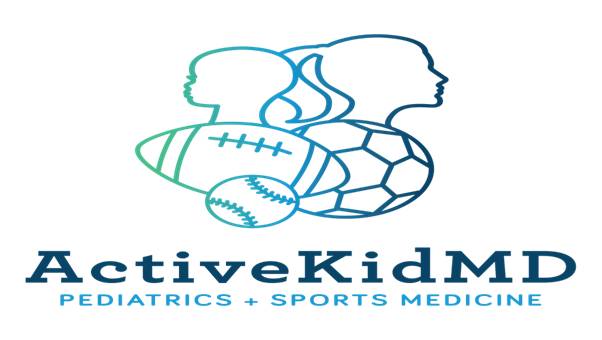Stronger Necks May Mean Healthier Heads
In the valiant effort to reduce the risks of concussion, must commend colleagues who developed a practical pilot study finding that measured increases in neck strength may reduce the risk of concussion in contact sport high school athletes.
The validation of a hand-held tension scale for neck strength is one important finding, but more readily applicable to athletes and medical personnel "in the trenches" are the following observations:
- Smaller mean neck circumference, smaller mean neck to head circumference ratio, and weaker mean overall neck strength were significantly associated with concussion.
- For every pound of neck strength increase, odds of a concussion decreased by 5%
- Identifying differences in overall neck strength may be useful in developing a screening tool to determine which high school athletes are at high risk of a concussion
Now we have a potential low cost easy to implement primary concussion prevention strategy, and that itself is very exciting news. Honestly, other than proper rule enforcement to reduce dangerous play, other primary prevention techniques including helmets, mouthguards, and teaching of "proper" technique haven't survived scientific scrutiny to be determined statistically valid. It is refreshing to find a strategy that not only has a good initial evidence base, but can readily be used by school/team-based athletic trainers, coaches, and strength and conditioning specialists in large-scale settings. Many football programs already incorporate some aspect of neck strengthening, and these findings should encourage possible expansion of more focused and monitored neck strengthening programs to all contact/collision sport athletes with appropriate on-going evaluation of strength gains and on-field concussion outcomes.
Does this appear to be a useful item to discuss in pre-participation exams? Would this possibly be useful to include in pre-season concussion baseline testing?
